SEED FUNDING JOINT PROGRAMMES
Cambodia
Transforming Cambodia’s food systems to become more sustainable, inclusive, and resilient


PROJECT TITLE | Transforming Cambodia’s food systems to become more sustainable, inclusive, and resilient |
| Context | Cambodia’s National Pathway is the outcome of an extensive consultation process, involving more than 2,000 people throughout thirty dialogues, which identifies four priority areas, namely healthy diets for all, empowerment of youth, women and vulnerable groups, resilient livelihoods and food systems, inclusive governance. Acknowledging the risks posed by climate change to hard won development gains and as a co-founder of the Alliance of Champions for Food Systems Transformation, Cambodia is prioritizing the integration of climate change and food systems transformation, building coherence across the agendas. The Council for Agricultural and Rural Development, the government agency coordinating food security and nutrition initiatives in Cambodia, is leading collaborative efforts to translate national aspirations into concrete action. |
| PUNOs | FAO, WFP, UNICEF |
| Contribution to SDGs | SDG 2 Zero Hunger |
| Contribution to other SDG transitions | Climate, biodiversity, pollution |
| Duration | August 2024 – July 2025 |
| Expected financial leverage | $3 million |
| Alignment with SG Call to Action | Policy integration; Food systems governance; Inclusive and participatory design; Private sector engagement |
| Outcomes | The Joint Programme fosters an enabling environment for food systems transformation by enhancing national capacities and policy frameworks, identifying opportunities to unlock financial streams, and strengthening advocacy efforts for food systems transformation. The JP provides crucial support to the alignment of the climate and food agendas, accelerating progress towards resilient, sustainable and inclusive food systems. |
| Partners | Council for Agricultural and Rural Development (CARD) will be the main government counterpart and will coordinate the government activities in conjunction with other key Ministries, including:
|
| Outputs |
|
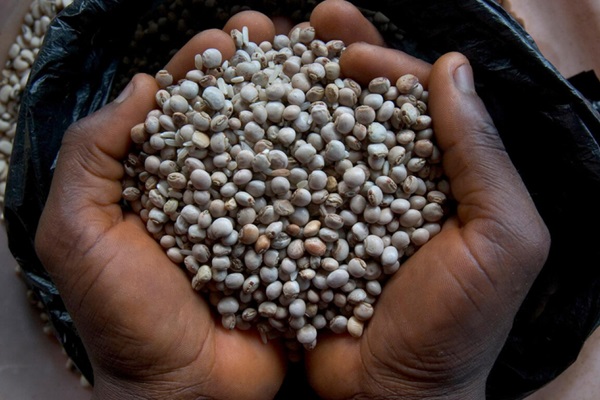
Webinar Dietary guidelines: The next generation takes on sustainability
10/12/2024
The webinar, co-organized by the HDSFS and the SUN Movement Secretariat, emphasized a shift towards food systems-based dietary guidelines with sustainability focus.

BPDA Platform and Aliénor Consulting hosted the webinar Agricultural Credit Guarantee Mechanisms
10/12/2024
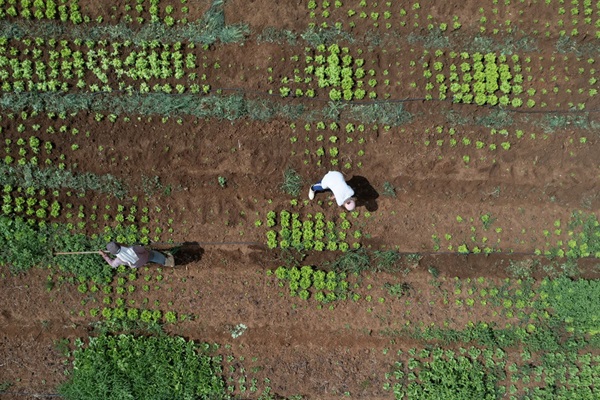
New mapping tool launched by the IFAD-hosted Agri-PBD Platform
10/12/2024
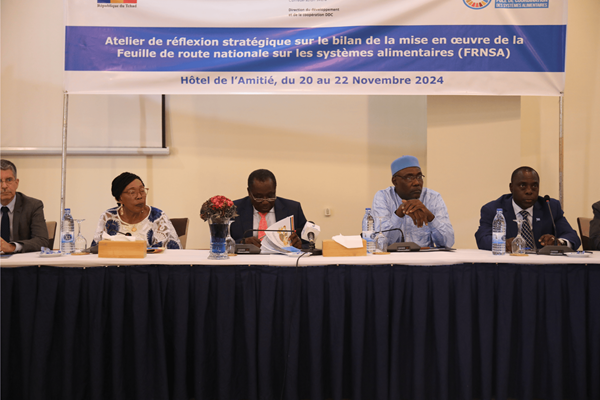
Strategic reflection workshop on the implementation of Chad's national food systems transformation pathway
02/12/2024

The Agroecology Coalition is at COP16 on desertification
02/12/2024
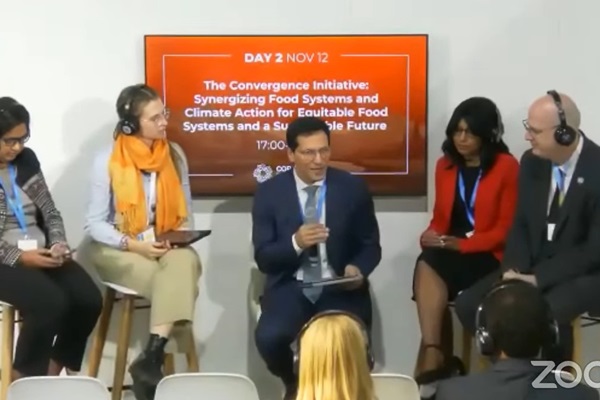
Converging food systems and climate action: Insights from COP29
29/11/2024
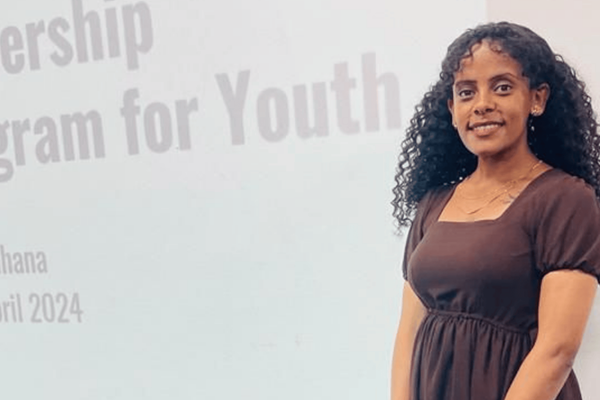
A leaf with a legacy: How Dina Kassa Kebede is revitalizing a forgotten plant for sustainable nutrition
28/11/2024
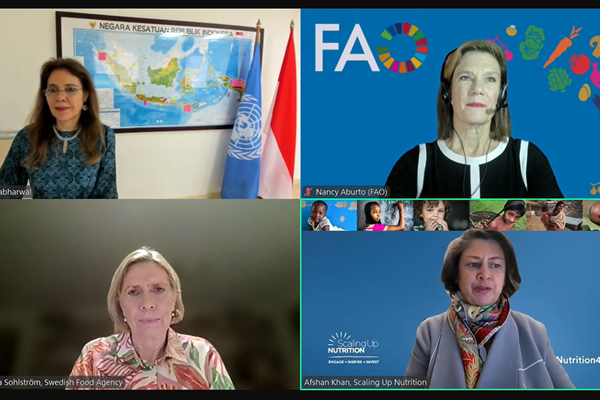
COP29: Bridging food systems, nutrition, and climate action
27/11/2024
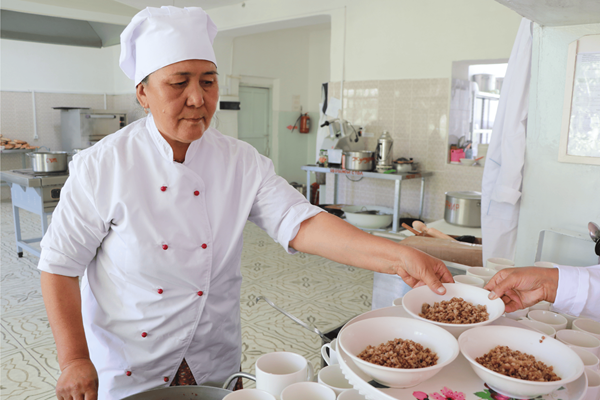
From farms to classrooms: How public-private partnerships are transforming food systems in the Kyrgyz Republic
26/11/2024
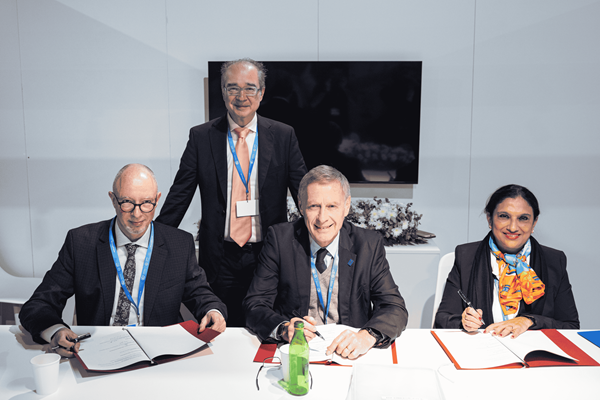
IFAD, World Bank and GAIN scale up efforts to bolster transparency in food systems financing
21/11/2024
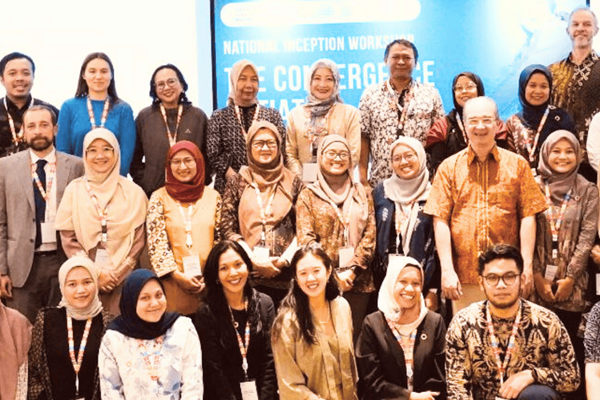
Indonesia launches the Convergence Initiative in Asia-Pacific
18/11/2024
Indonesia becomes the first Asia-Pacific country to operationalize the Convergence Initiative, hosting a collaborative workshop to align food systems transformation with climate action goals through the development of a Convergence Action Blueprint.

New technologies catalog for sustainable food systems in the Asia-Monsoon region
18/11/2024

New technologies catalog for sustainable food systems in the Asia-Monsoon region
18/11/2024
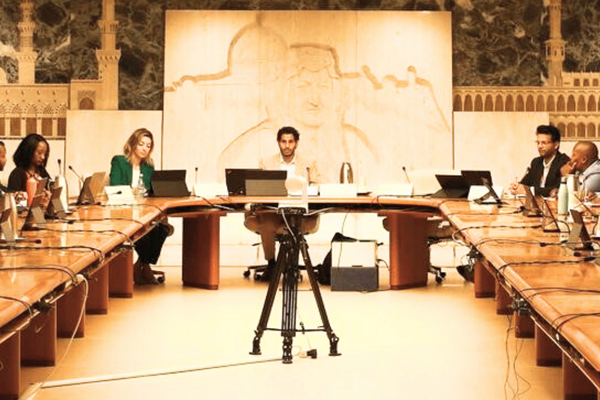
Insights from the UN World Food Forum Side Event: Leveraging international processes for youth empowerment
15/11/2024
TMG Research, with support from the German Federal Ministry for Economic Cooperation and Development (BMZ), hosted a side event at the World Food Forum to examine the critical role of youth in global food systems discussions, challenging tokenistic youth engagement. The event highlighted the Hub's Youth Leadership Programme (YLP), which equips young people to engage meaningfully with national governments on food systems transformation, empowering them to drive impactful change from both top-down and bottom-up approaches.
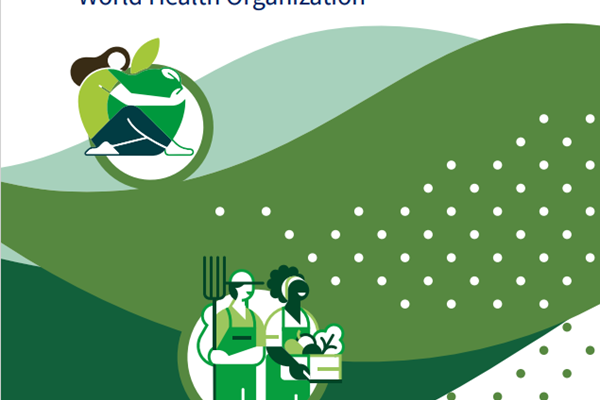
What are healthy diets? Joint statement by the Food and Agriculture Organization of the United Nations and the World Health Organization.
11/11/2024
In this document the Food and Agriculture Organization of the United Nations (FAO) and the World Health Organization (WHO) have formulated principles of what constitute healthy diets, underpinned by guidelines and other normative elements developed by the two Organizations. The principles provide the basis for the design of policies aimed at improving diet and for the assessment of the healthiness of diets.
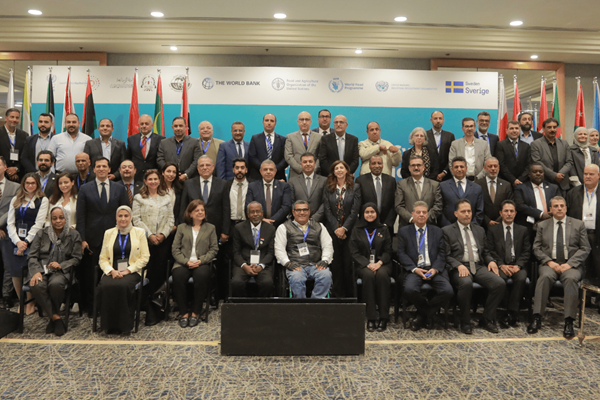
Arab ministers welcome the Convergence Initiative in Amman Declaration
05/11/2024
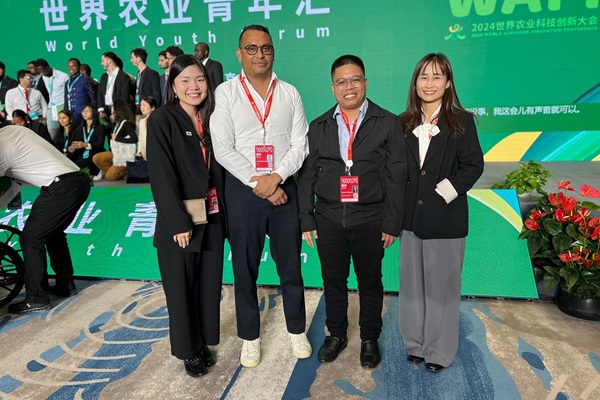
Youth take the stage at WAFI 2024
04/11/2024
At WAFI 2024, alumni from the Hub’s Youth Leadership Programme shared powerful stories and bold ideas, underscoring the essential role of youth in driving food systems transformation to tackle climate and sustainability challenges.
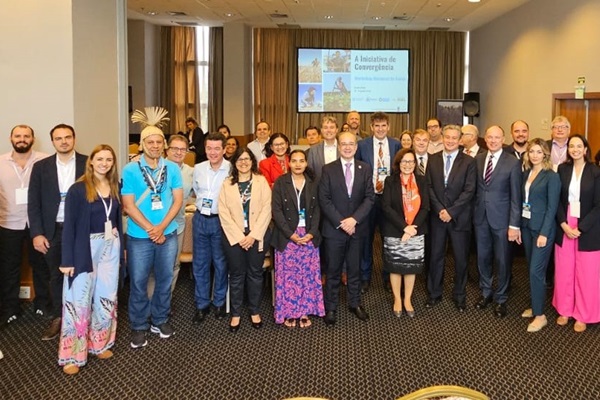
Workshop in Brasilia addresses food systems and climate change
01/11/2024
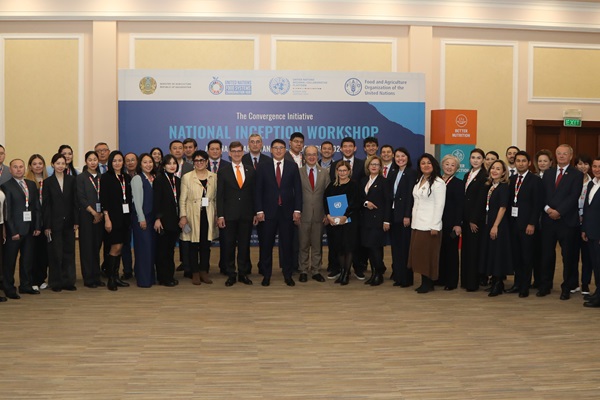
Kazakhstan leads as first pilot country for the Convergence Initiative
28/10/2024

